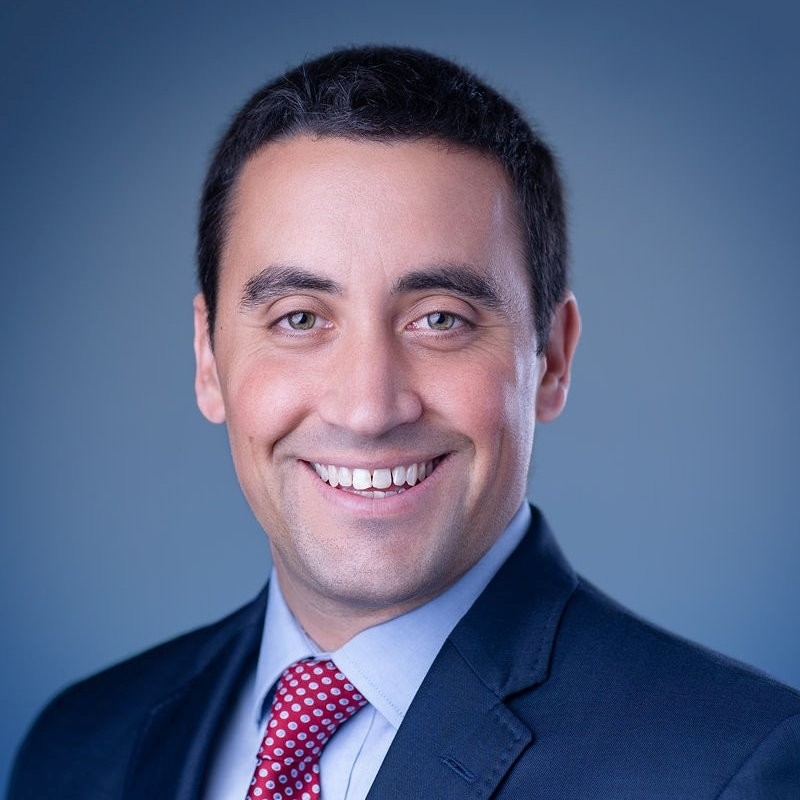From zero to hundreds of millions in sales, the US$46 billion hybrid RIA is seeking to deepen its structured notes penetration three years after spliting off from Raymond James.
Christopher Nuhn (pictured) has watched the firm become “one of the fastest-growing RIAs” in the US since it exited Raymond Jame and set up its own introducing broker-dealer from mid-2022. Now a new challenge begins.
As senior director overseeing the product desk at Steward Partners, Nuhn’s next mission is clear: equipping a wave of new advisors with the knowdledge and confidence to deploy structured notes.
The 13-year old hybrid registered investment advisor (RIA) has managed to grow its structured notes business from the ground up, but not at a comparable level when its total assets under management (AuM) climbs to US$46 billion from less than US$30 billion driven by acquisitions in a period of three years.
In June 2023, Steward Partners set up its own structured notes trade desk by onboarding multi-issuer platform Luma Financial Technologies.
Its sales have since climbed to US$165m year-to-date from US$50m in 2023 and US$130m in 2024. The Stamford, CT-based firm currently manages US$352m in structured notes accross 78 out of approximately 300 representatives (‘reps’), a tiny portion of its US$40 billion total AuM.
Nuhn points out that a major barrier to increase the adoption of structured notes being the technical terminology used in the industry, such as “catapult” and “snowball”, a type of autocallable payoff.
“Many reps are just getting into the business. If you start throwing out these names, they’ll just get lost and probably be turned off right away,” he said. “Reps don't like complication in most cases.”
Even the use of ‘quantitatitive investment strategy (QIS)’ could be interpreted as a new product type, leading to confusion among advisors, said Nuhn, referring to volatility target indices which took off a few years ago.
The product manager with a compliance background is also hoping to be better informed of “the best approach” from the pricing perspective.
“While we’re pricing notes, if the sell-side could at least provide us with optimal rates of returns [to show] a potentially better way to structure it, these types of ‘little things’ could really help move the industry, as well as in terms of pricing transparency,” said Nuhn.
Simplicity
The desire for simplicity among advisors is reiterated by Aaron Brachman (right), wealth manager at Washington Wealth Group managing a portfolio of US$1.3 billion where structured notes are “core holdings” valued at US$180m, representing half of the total at Steward Partners.
The advisory firm in Washington D.C. generates an annualised revenue from structured notes of US$1m to US$1.5m based on a fee of 0.4% to 1.0% per annum.
Brachman also acts as executive managing director and founding partner at Steward Partners, which shares half of the profit from Washington Wealth Group.
To help other advisors to better understand the applicability, the senior manager often needs to simplify the story by focusing on the outcome of the structured note.
In his portfolio, Brachman said that autocallable structures are used as “a bond replacement strategy” while growth notes act as “a stock replacement strategy”.
The former have earned a return of 11% to 15% per annum while the latter have generally beaten the S&P 500 by three to four percent per year, according to Brachman.
“An autocallable note is more risky than an average bond investment, but the reward can be substantially higher, especially on an after-tax basis, because it is [treated as] long term capital gains instead of ordinary income,” said Brachman.
Washington Wealth Group, which primarily serves ultra-high-net-worth (UHNW) families, also employs non-traditional fixed income and private equity strategies to achieve specific investment objectives.
Brachman highlighted the full independence and flexibility available at Steward Partners, which allow his team to take advantage of a new idea effectively.
The employee-owned RIA has added Pershing, Schwab and Fidelity as custodians alongside Raymond James since 2023.
At Steward Partners, reverse inquiries and monthly calendar offerings make up around 70% and 30% of its structured notes assets. The calendar offerings comprise over 400 strucutred notes and require a minimum ticket of just US$1,000.
There’s a small amount of money flowing to QIS including the MerQube’s Vol Advantage Indices through calendar offerings, which are viewed as “more complicated strategies”.
The firm has not made any allocation to defined outcome exchange-traded funds (ETFs) or structured notes separately managed accounts (SMAs) - two burgeoning segments in the US structured product market.
“We’ve looked at all of the different iterations, whether it's ETFs or SMAs, we prefer to go direct because we can tailor the investment exactly how we want,” said Brachman. “With mass adoption of a new product of any kind, I think it’s extremely important to educate clients on the potential outcomes.”
Do you have a confidential story, tip, or comment you’d like to share? Write to summer.wang@derivia.com

